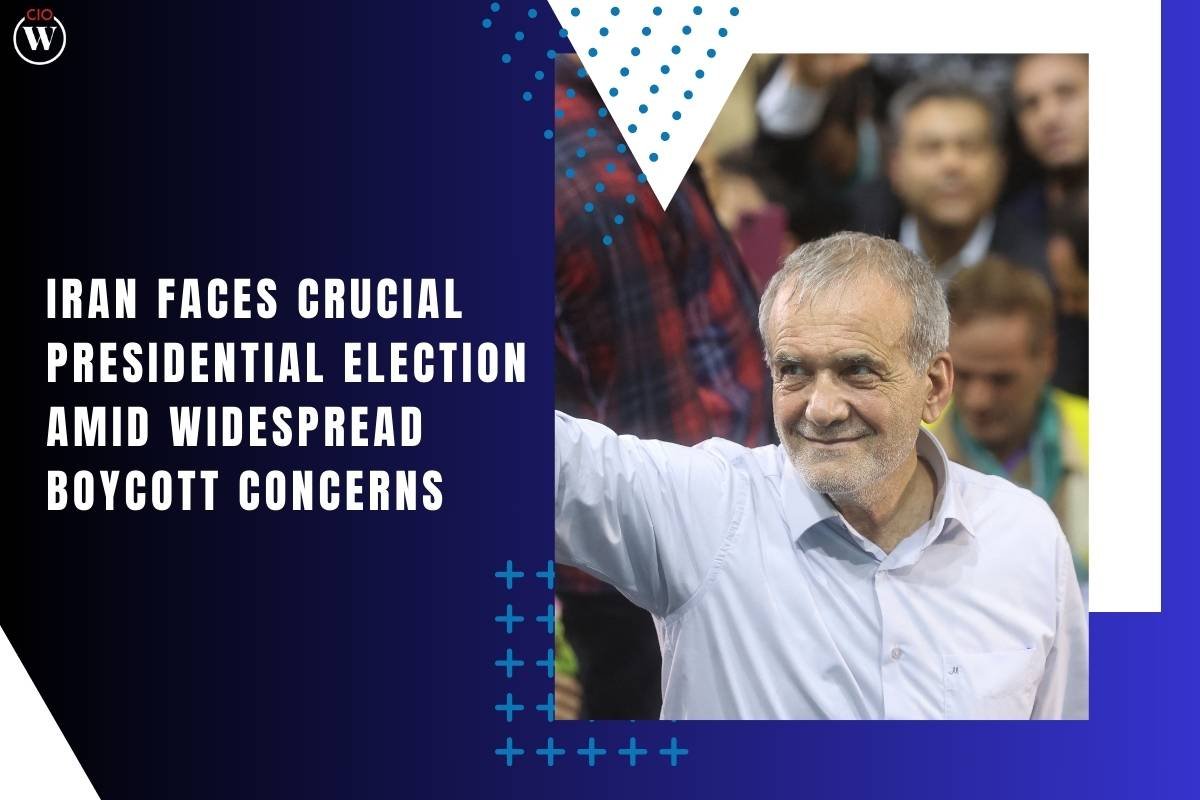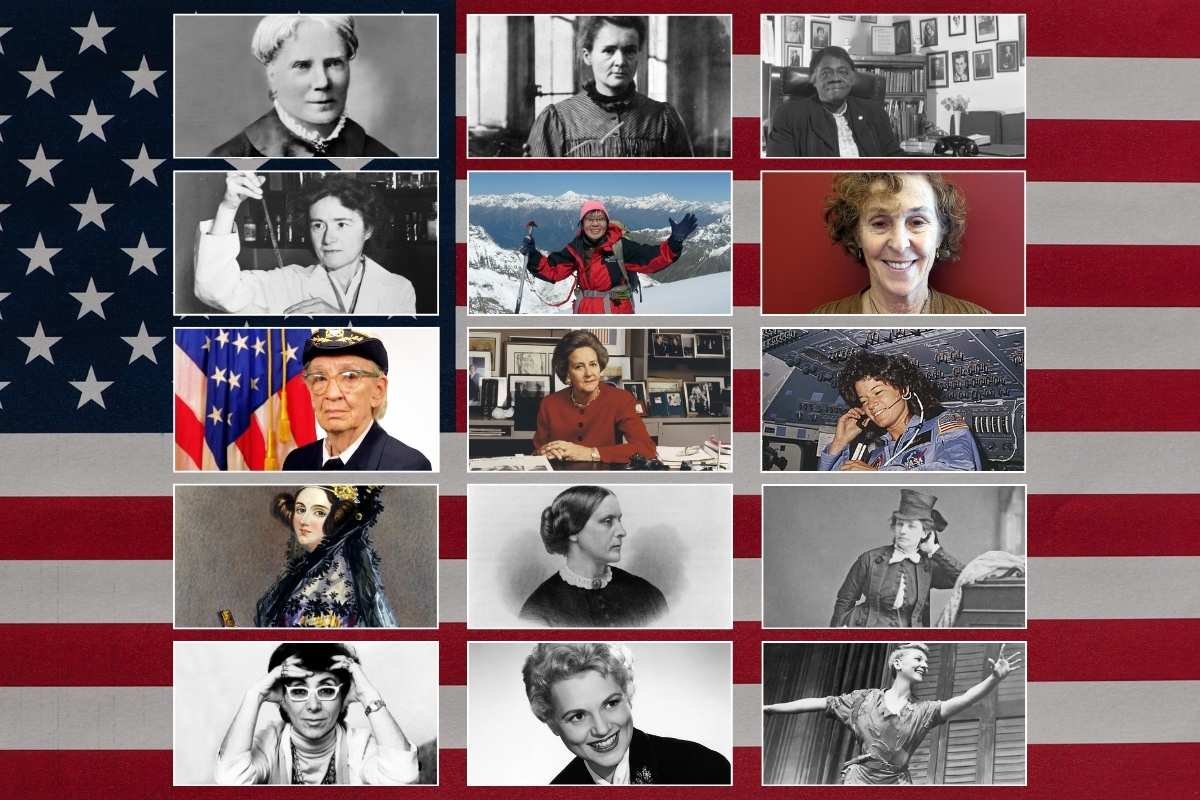Source – Reuters
More than 61.5 million Iranians over the age of 18 have been given the opportunity to vote for a new president, with the Iran Presidential election seen as a critical moment for the regime to gauge public sentiment about the state of the economy. However, a significant portion of the electorate is expected to boycott the election, citing concerns that the results will be manipulated to ensure a victory for a regime loyalist.
Iran’s leadership is seeking to renew its legitimacy after a dramatic decline in voter turnout, which reached a crisis point last year when fewer than 41% participated in Iran Presidential elections, with turnout in the capital, Tehran, falling below 10%. This election follows the tragic death of President Ebrahim Raisi in a helicopter crash in May.
Conservative Candidates and Reformist Hopes
The Iran Presidential election features two prominent conservative candidates: Saeed Jalili, a former nuclear negotiator, and Mohammad Bagher Qalibaf, the current speaker of parliament. Despite pressure to consolidate their support, neither candidate agreed to step aside, potentially allowing the sole reformist candidate, 69-year-old heart surgeon Massoud Pezeshkian, to advance to a run-off if no candidate secures over 50% of the vote in the first round.
Jalili, a staunch opponent of the 2015 nuclear deal, advocates for strengthening economic ties with eastern nations to withstand Western sanctions. He is also known for his strict views on enforcing the hijab on Iranian women, enjoying the backing of the Jebhe Paydari, a conservative group. Qalibaf, on the other hand, is open to negotiating the revival of the nuclear deal and emphasizes strong economic management as the key to growth.
In a last-ditch effort, Jalili urged Qalibaf to withdraw from the race, arguing that it might be the only way to prevent Pezeshkian from advancing and to avoid what he calls a de facto third term for centrist Hassan Rouhani, whose presidency ended in 2021. The poll thus serves as a crucial test for the reformist movement’s relevance in Iranian politics.
Regime’s Efforts and Public Disillusionment
The regime has taken steps to undermine Pezeshkian’s campaign, including banning one of his final rallies. Supreme Leader Ayatollah Ali Khamenei, in a pre-election speech, criticized those who believe that progress requires cooperation with the United States, a clear rebuke to Pezeshkian’s call for ending Iran’s economic isolation.
At the last minute, two conservative candidates, Amir-Hossein Ghazizadeh Hashemi and Alireza Zakani, withdrew from the race, fueling reformist claims that they were merely front candidates for Jalili. Many Iranians, disillusioned by repeated crackdowns, are questioning the value of the democratic process and plan to abstain from voting as a statement of personal dignity and resistance against the regime’s coercive tactics.
Both Pezeshkian and Khamenei are advocating for high voter turnout, albeit for different reasons. Pezeshkian aims to mobilize a politically disengaged society to counter the regime’s base, while Khamenei insists that a high turnout is essential for the Islamic Republic’s honor and to prevent criticism from its adversaries.
The tolerance of a Pezeshkian presidency by the supreme leader’s allies, given their staunch views on America and cultural values, remains uncertain. Pezeshkian has repeatedly emphasized his respect for Khamenei’s authority while asserting that this obedience will not hinder his efforts to bring about change in Iran Presidential election.
A report by United Against a Nuclear Iran, a U.S. pressure group, suggests that electoral manipulation by the regime extends beyond merely controlling the list of eligible candidates. The report highlights the role of the Baqiatallah Cultural and Social Headquarters, which it claims has developed a comprehensive strategy to engineer political and cultural outcomes in Iran.









